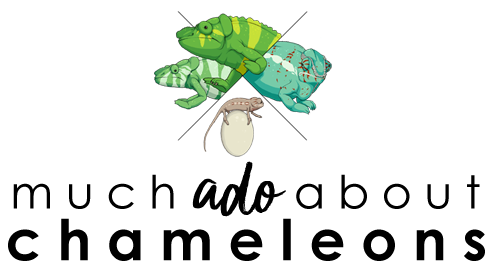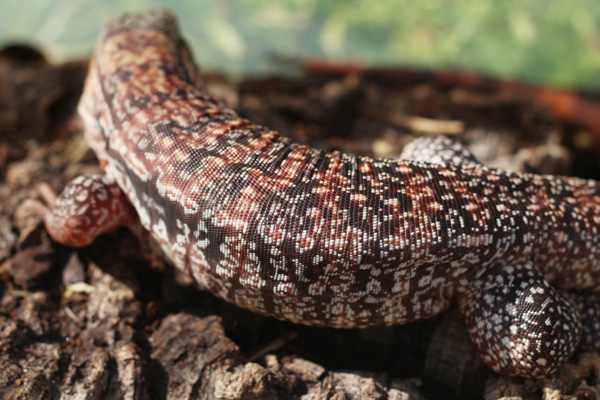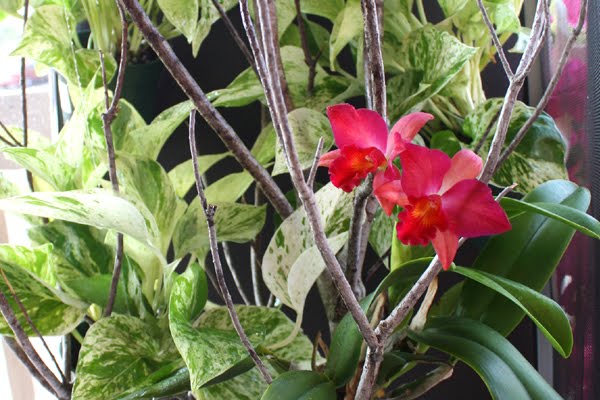This is the third in a multi-part opinion series on Ethical Reptile Keeping. The series seeks to urge keepers, new and old alike, to evaluate their own husbandry habits and to think about the impact their choices, from housing to breeding, have on their personal animals as well as on the herpetology hobby as a whole. While some aspects of reptile and amphibian keeping have evolved to focus on pushing and advancing husbandry techniques to ensure that a species thrives in captivity, others have become stuck in antiquated and short-sighted practices which do not promote progress. And certain species, particularly entry-level species, are suffering as a result. I wish to draw attention to these embarrassing aspects of the herp community and encourage people to take a look at how they can grow as hobbyists and keepers, push what we know about great husbandry together, and strive for excellence, personally and as a community.
Having already touched upon issues in housing that I feel desperately need more conscious thought in the industry, this week I will be touching a bit more about breeding and breeding experience. The two (housing and breeding) so often go hand in hand, but I find that in many cases ambitions of breeding dictate housing, and almost always in the direction of cheap, mass housing and streamlined husbandry practices. Ideally, proper housing should dictate breeding projects! And limit a person to how many animals they can responsibly own and care for properly, much less breed, instead of getting carried away and amassing dozens of "breeders" into plastic totes because it's possible. Additionally, ambitions of becoming like the large rack system breeders push people into over-breeding popular species like leopard geckos or bearded dragons, which are easy first-time reptiles, and flood an over-saturated market with offspring no one may want. Breeding ethically needs to take into account the long-term welfare of the offspring you are directly responsible for.












